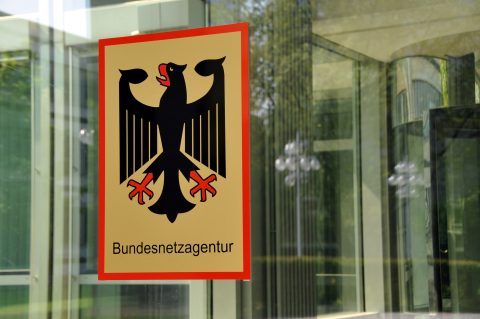Negative sentiment in combined transport sector for year to come

Despite the ongoing corona crisis, the combined transport sector has performed relatively well by generally matching the performance of a year earlier during the first three months of 2020. This was announced by UIRR, a lobby organisation for combined transport in Europe. “The quarterly CT Performance Gauge shows a slight positive year-on-year performance after two consecutive quarters of decline.”
Nevertheless, the adverse economic effects of the pandemic-related shutdown of the European economy are foreseen to weigh heavily on combined transport (CT), the same group stated. “While the entire intermodal sector is working hard to maintain services and to acquire new customers, the sentiment of CT actors for the next 12-month period has declined to ‘negative’.
Need for assistance
Finding the solution to the macroeconomic imbalance that emerged in the surface freight transport market, due to a combination of the record low oil price and the easings of European rules of the profession that were granted to the trucking sector, is presently the greatest challenge, UIRR explained.
“Like the rest of the economy, the intermodal sector will need external assistance in this endeavour, which is exacerbated by a simultaneous decline in both revenues and profitability. UIRR formulated several proposals towards the EU policymakers and the Member States, which are hoped to be pursued.”
Reformulated temporary compensatory measures to Combined Transport have been announced in the United Kingdom, while the extension of support until 2023 was announced in France. Germany introduced a special incentive scheme to assist the buyers of craneable semi-trailers by covering the price difference charged for craneability of the equipment. “UIRR has been advocating for Europe-wide standardised compensatory measures and a single European portal for publishing these.”
Longer-term challenges
But are also longer-term challenges requiring equal attention, the UIRR continues. “Concerning Mobility Package 1, the European Council proceeded with officially endorsing the trialogue deal without any changes. The new paragraph 7 in Regulation 1072/2009, invented behind the closed doors of the trialogue, would severely undermine existing CT chains by allowing Member States to suspend the legal equivalence between cross-border road haulage and its corresponding Combined Transport alternative enshrined in Article 4 of the CT Directive.
“The sector hopes that the second reading in the European Parliament will offer if not a deletion then at least an opportunity to correct this anomaly by making the provision a truly extraordinary regulatory option only to be used under extraordinarily unique and proven conditions for only as long as these conditions prevail.
You just read one of our premium articles free of charge
Want full access? Take advantage of our exclusive offer






